Top Channel Books of 2008
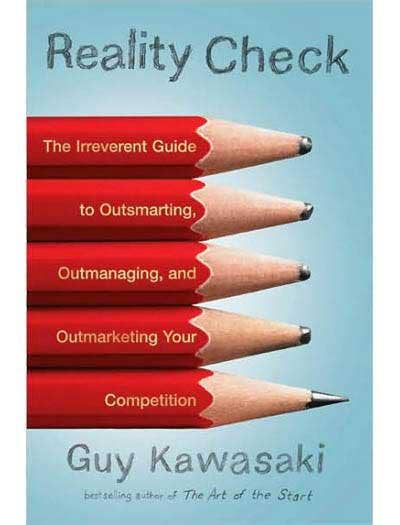
This year's collection of recommended books for channel technology and business people covers a wide range of topics -- from hands-on ways to drive your business, to best practices in software development, to creative approaches to achieving success in business and life. And of course, there are laughs.
For more book ideas, don't miss 5 Books The Top 25 Execs Of 2008 Are Reading and last year's Top Channel Books Of 2007. --Joe Caponi
Guy Kawasaki
Reality Check: The Irreverent Guide to Outsmarting, Outmanaging, and Outmarketing Your Competition
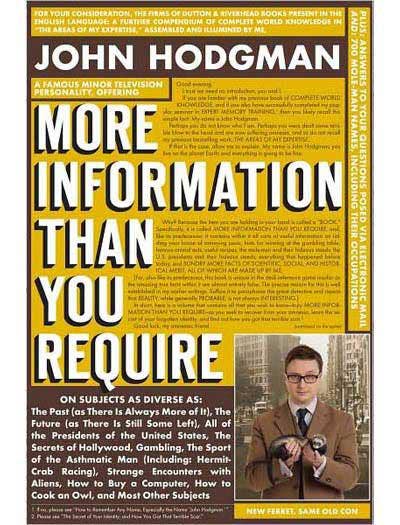
More Information Than You Require
Yes, he's the PC. But John Hodgman is more ... author, actor, contributor to the New York Times and the Daily Show, he's a fearless chronicler of virtually everything, and he's not afraid to share it all. Following in the footsteps of his first book, "The Areas of My Expertise," his newest, "More Information ..." provides a rich feast of essays on such topics as: How to Tell the Future
Hangover Cures Involving Gin
The Ten Accepted Styles of Deadpan
and of course,
How To Remember Any Name, Especially The Name "John Hodgman"

Predictably Irrational: The Hidden Forces That Shape Our Decisions
"When everyone is talking about recession, we all feel like something has to change, even if nothing has changed for us. The media messages that are repeating doom and gloom affect every one, not just people who really have trouble ... That has a devastating effect on the economy." -- Dan Ariely, quoted in the New York Times, 12/7/08
How can people so smart (that's you and me, among others) get caught up in market bubbles, credit crises, and $5 coffees? Ariely, the Sloan Professor of Behavioral Economics at MIT, explains in "Predictably Irrational" not only why people do things that defy explanation, but why they do so consistently. Understanding that irrationality is key to making better personal and business decisions.
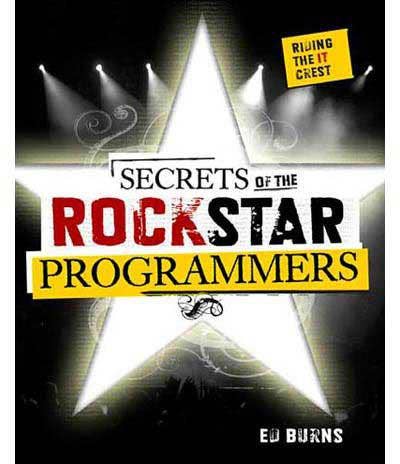
Secrets of the Rockstar Programmers: Riding the IT Crest
Rockstars? Maybe not. But some programmers do stand out. They've improved our lives, made themselves rich and developed their own cult following. Burns, a senior software engineer at Sun Microsystems, sits down with programmers such as James Gosling, the father of Java, Chris Wilson, Microsoft's lead architect for Internet Explorer, and the hosts of the "Java Posse" podcast series, among others, to understand how some of the world's best programmers evaluate a technology problem, develop a solution and launch it into the real world.
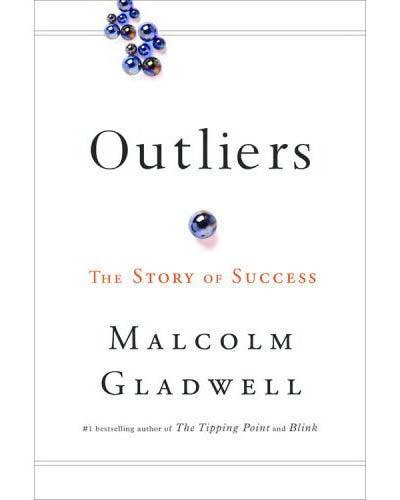
Outliers: The Story of Success
Gladwell, author of Blink, and Tipping Point, and keynoter at our 2006 VARBusiness 500 awards, brings his unique journalistic style to understanding the question of what makes some seemingly normal people become so outrageously successful, while the rest of us, despite brains and hard work, just struggle along. Publisher's Weekly said:
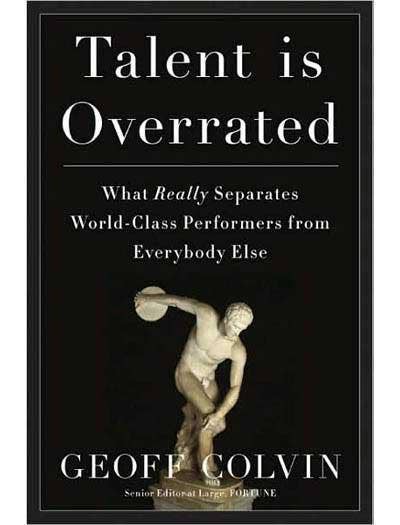
Talent Is Overrated: What Really Separates World-Class Performers from Everybody Else
Frequently cited as a counterpart to Gladwell's 'Outliers', Colvin, senior editor at Fortune, looks at top achievers and doesn't see mysterious forces. He sees people who put in a whole lot of hard work, and who engage in what he calls 'delibrate practice' to continue honing their leading-edge skills. Even better, Colvin promises that "the rest of us" can learn from the best and enhance our own abilities.
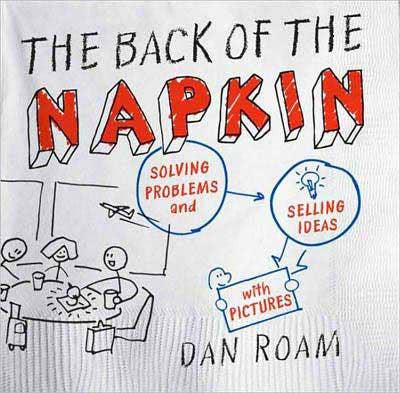
The Back of the Napkin: Solving Problems and Selling Ideas with Pictures
Keep it simple. That easy advice that can be tough to follow, whether you're pitching a sale, creating a product or organizing a team. In "The Back of the Napkin," ERP consultant Roam promises that you can solve any problem with a picture. Along the way, he explains such ideas as the "steps of visual thinking" and the "six ways we see". Publisher's Weekly said, "For forward-thinking management types, there is enough content in these pages to drive many a brainstorming session."
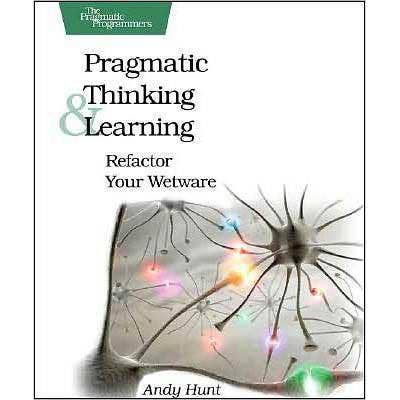
Pragmatic Thinking and Learning: Refactor Your Wetware
Developer and consultant Andy Hunt, is one of the creators of the 'agile programming' software model, and is also one of Ed Burns' 'Rock Star Programmers.' This book, though, isn't about programming. It discusses how emerging discoveries in neuroscience can help us confront the 'bugs' in our thinking, learn more effectively, and structure our environments for improved cognition. You'll get a taste of Hunt's style at his blog at Amazon.com, including this passage on "Cubicle Brain Death":
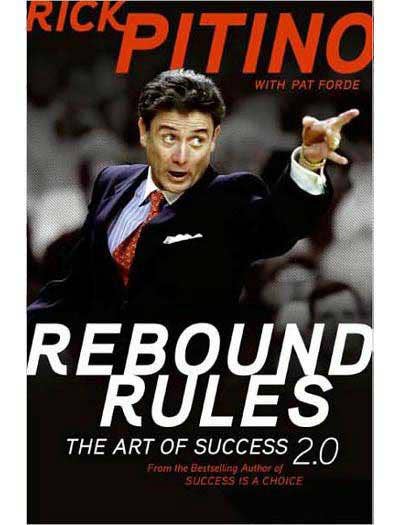
Rebound Rules: The Art of Success 2.0
Rick Pitino, head basketball coach at the University of Louisville, (and previously at the Knicks, Celtics, Providence and Kentucky, where he won the NCAA men's basketball championship) keynoted our 2008 VARBusiness 500 awards with a compelling series of insights on team building and creating an environment of excellence. In "Rebound Rules," Pitino talks about his own experiences overcoming personal and professional setbacks, evaluating what's really important in life, and what it takes to start over and climb to new heights.
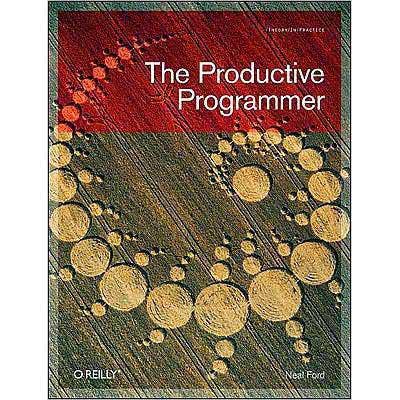
The Productive Programmer
It's a old truism that the most productive programmers are dozens, if not hundreds of times, more productive than the least. It's also true that it's sometimes hard to tell the two groups apart from a distance, or even to be sure which group you fall into.
Neal Ford, software architect and 'Meme Wrangler' at IT consultant ThoughtWorks, aims to raise the bar with "The Productive Programmer," providing hands-on advice on ways to write better, cleaner, more testable code, in less time, no matter what language you're using.
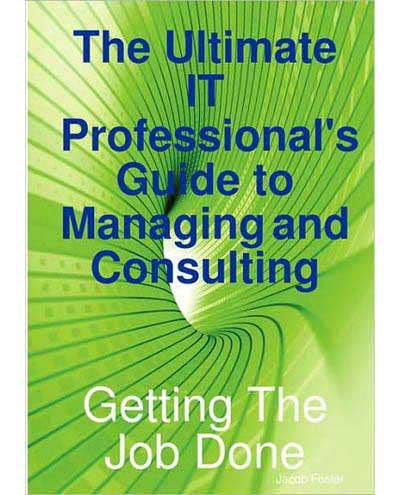
The Ultimate IT Professional's Guide to Managing and Consulting
Running a solution provider business, or even just a good-sized IT department, is not a job for the faint of heart. Challenges come from every direction and require a broader range of skills than anyone can fairly be expected to possess. Into the malestrom steps Jacob Foster, whose textbook-sized tome attempts to cover all the (non-sales) aspects of the job, from interviewing to budgeting to requirements analysis to project management and more.

Dilbert 2.0: 20 Years of Dilbert
This hardcover, slipcased, 576-page volume is the ultimate Dilbert collection, offering almost 4,000 comic strips, a CD and numerous additional material. What more needs to be said?